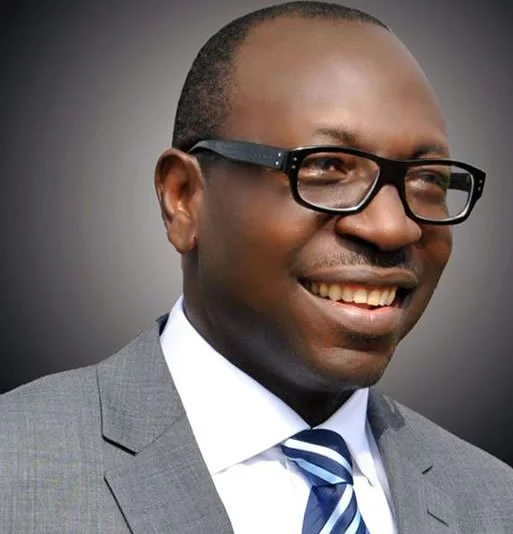The Federal Government has dismissed reports purpoting that schools across the country would be reopening on June 8, 2020 amid the coronavirus pandemic.
Briefing journalists in Abuja on Wednesday, the Minister of State for Education, Emeka Nwajiuba, disowned such plan.
Nwajiuba is a member of Presidential Task Force on COVID-19.
According to him, the reports are false as the Federal Government is yet to decide on when schools would reopen.
“The material that the Chairman of the PTF spoke about, which is an announcement purportedly from him that we are reopening all schools on the 8th, did not emanate from us. It is not true,” the minister said.
“Until we are sure that these children can go to school, return safely and not bring home with them, this COVID material, and infect people who are more susceptible to the disease than they are, then we are running a huge risk and god forbid that in our hurry, something happens to our children, I’m not sure how anybody will be able to retrieve what would have been lost.
“So we are not taking that risk yet. We are going to prepare as much as possible, within the guidance that they (health authorities) offer us, working in conjunction with the World Health Organisation before we reopen schools”.
Nwajiuba, however, explained that while it is still currently not safe to reopen schools, plans are being made to see how the system can keep running despite the pandemic.
He said a publication would be released shortly as to what the re-opening of schools should look like, post-COVID.
“We are not talking about coping with COVID – there’s a difference. We’ve come to understand that COVID may not necessarily go away so we expect that we will adapt such that in the presence of COVID, we can still do what we need to do,” the minister said.
“For a country that has over 115,000 primary schools, you will understand that 35,000 of these who are private must agree to set up the same standard in order to allow children to go in.
“If you go to our Nigerian Universities, many of the things we need for social distancing may not be available so you may need to rethink it.
“For instance, which courses should be in school at which periods, we can have semesters within semesters for different department and faculties.
“It is the same we are planning for secondary school reopening. We want to bring in our JSS and SSS children first, they conclude their exams and vacate the place, then others can return.
“We will do the same thing with primary schools, where we will now limit the number of children per class.
“What this may mean is that we may have classes in the mornings and classes in the afternoons so whichever is convenient for you. I am not sure if there will be classes at night, but we can do with mornings and afternoons at the moment,”.
Speaking further, Nwajiuba explained that the government also intends for schools to utilize all their infrastructure.
“Some people will be in the field learning, some would be in classes. Some will be at different facilities all within the school,” he said.
The Federal Ministry of Education had on March 19, ordered the immediate closure of tertiary institutions, secondary and primary schools nationwide, following the outbreak of the coronavirus in the country and as part of measures to contain its spread.
Since then, many schools have taken to virtual means to ensure that classes continue and students remain in touch with their curriculum, especially since a lockdown was imposed on several states across the country forcing many families to remain indoors.














